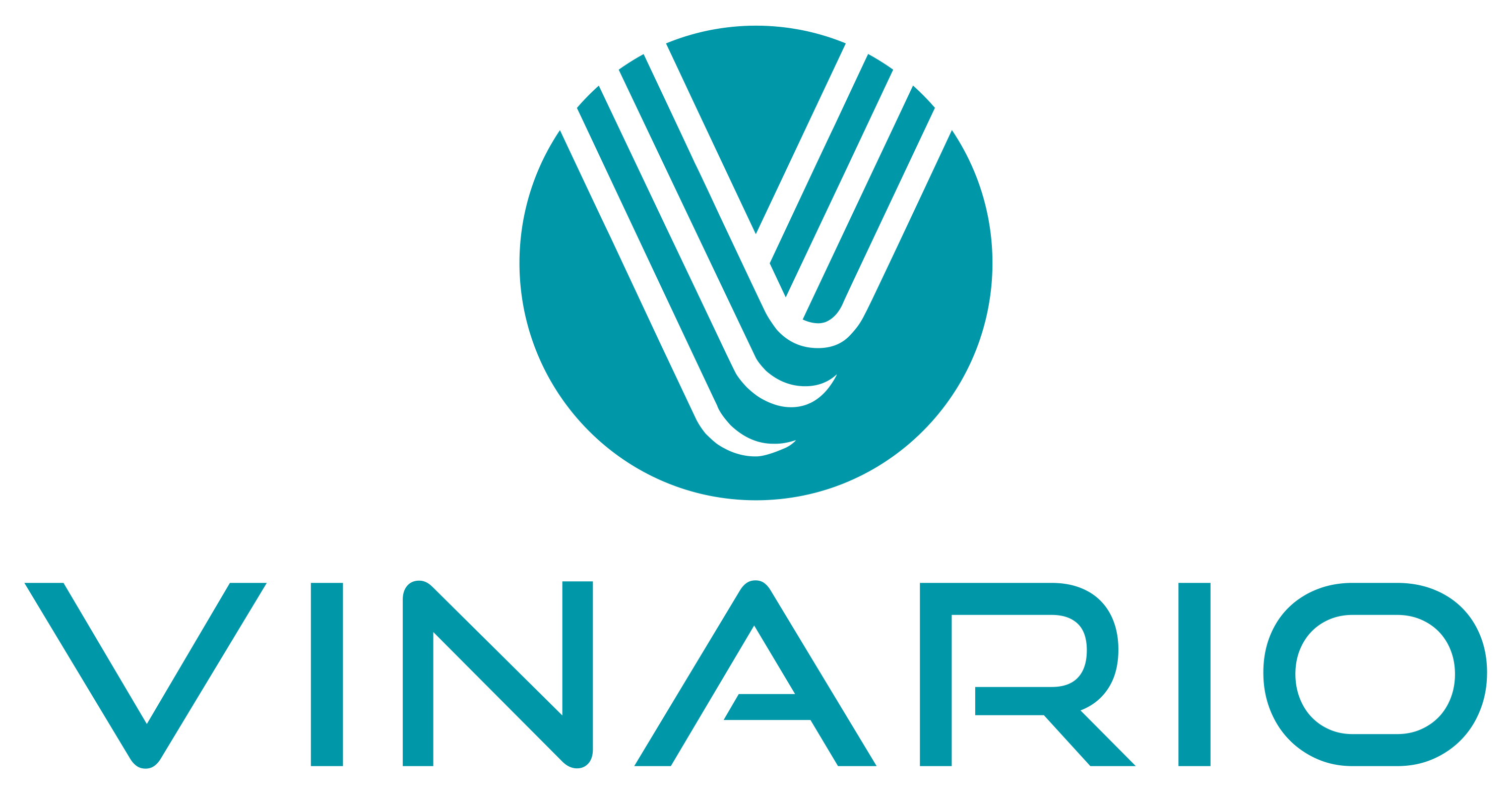Friday, March 8th is International Women’s Day, a day to place additional emphasis on the experiences of women in the business world, particularly in the financial sector. How do the women at Vinario view their careers; how do they navigate the financial world, and what can be learned from them? Additionally, it is important to reflect on women’s emancipation. We do this based on scientific research from Tilburg University and statements from the European Council. Demi van Oosten (manager), Charlene Liem (consultant), Dian Wijnstein (consultant), and Sanne Smaal (junior consultant) share their experiences of working in the financial sector.
1. Who or what moments have been a source of inspiration for you in your career?
Charlene: A former colleague of mine was able to own her role. She was very personable, immediately wanted to get to know the team, and used their input. Additionally, she was very focused on work but also on being a mother, for example, by standing her ground when she was not available because she was caring for her child.
Demi: A role model for me was my father who built his own business from scratch. My mother always taught me to follow my own career path, one that I enjoy and that allows me to take care of myself.
Sanne: The business controller at my previous employer was very confident, smart, and punctual. She advocated strongly for women and ensured that the organization was also represented by women. Although this does not necessarily align with my personality, her confidence and perseverance have been an inspiration for me in the financial sector.
Dian: There have been several inspiring individuals, but they were often women who held high positions in organizations. Probably because I am ambitious and aspire to hold a similar position, I look up to women who have already achieved it.
2. Research from Tilburg University has shown that women are expected to excel in social activities while men are better at strategic decision-making. Of course, there is much to argue against this, but how do you use your social skills as strengths in your work?
 Charlene: At the office, with colleagues, you can achieve much more if you are socially focused; more comes to the surface when you collaborate well. This is also the case with client relationships. If you have a strained relationship with a client, they will only do the minimum for you, but if you have a good relationship, you will see that they go the extra mile.
Charlene: At the office, with colleagues, you can achieve much more if you are socially focused; more comes to the surface when you collaborate well. This is also the case with client relationships. If you have a strained relationship with a client, they will only do the minimum for you, but if you have a good relationship, you will see that they go the extra mile.
Demi: Social skills enable you to build good connections, which is crucial for our work. People should not feel hesitant to address issues, neither clients nor colleagues. When you have a good relationship with a client or colleague, it leads to better collaboration. So, I think these social skills are very positive to have.
Sanne: I agree with that. Additionally, it is important that both colleagues and clients feel heard, and you show enough empathy to bring important issues to the surface.
Dian: For me, it is important that everyone feels welcome and at the right place. To achieve this, it is necessary to build a good relationship, while maintaining a professional distance. Moreover, when everyone feels at ease, performance and productivity increase.
3. Have you ever felt the need to prove that stereotypes are not accurate and that women can also be very strategic thinkers or dominant?
Charlene: I do not feel like I need to overcompensate, but I do tend to withdraw. If I notice people talking in a certain way, for example, interrupting each other, I tend to step back. It is a learning point for me to still interject and say what I want to say.
Demi: I started in the accounting world where there is a large proportion of men. I noticed then that it is important to be able to be direct sometimes. I am naturally quite direct and saw this reflected in my manager as well. However, this might be more natural for me given that it is also in my character.
Sanne: I recently started my career and have not been in a situation where I felt unable to speak up. However, I feel like I am building knowledge and experience, and therefore, I might not make direct professional comments quickly. Additionally, this is not really in my character. So, I often try to listen first, and if it is relevant, I come back to the discussed topics later. After broadening my knowledge and experience, I expect to be more confident and respond more quickly to others’ statements.
Dian: My preference is to communicate directly, yet I sometimes find it challenging to assert myself when I am not explicitly invited to do so. I want to become stronger in this because often, the barrier is in my head, and the other person is willing to listen, but I do not speak up. However, even if someone does not want to listen to me, I would still want to share my opinion and assert myself.
4. What initiatives are needed to support women in the financial world and empower them more?
 Charlene: I think it is important that during events, there is a proper representation of how it actually is. For example, at recruitment events, I often saw only men in black suits, whereas that is not the case in the real financial world. Instead of just men dressed boringly, there should be at least one woman present at a recruitment event to show that it can be different.
Charlene: I think it is important that during events, there is a proper representation of how it actually is. For example, at recruitment events, I often saw only men in black suits, whereas that is not the case in the real financial world. Instead of just men dressed boringly, there should be at least one woman present at a recruitment event to show that it can be different.
Demi: As an MT member, I notice that it is not always a matter of willingness, but that we (the MT) also need to dig deeper to find the right solutions, for example, for gender equality. However, I think certain outdated rules should disappear. This does not apply within Vinario, but in some companies, for example, it is still not possible to work part-time. You can see that this can be a bottleneck for women and possibly a reason for them to leave. This could easily be addressed.
Sanne: I find creating networking opportunities and platforms where women in the financial world can meet, share experiences, and be inspired by role models an important initiative. This provides women with the opportunity to support each other and learn from each other.
Dian: Projects that keep the dialogue going are a priority for me. Most men mean well, but they are not always aware of how they can help reduce differences in the workplace. At the same time, women and other minorities are often not heard. By continuing to talk and listen, the situation improves over time.
5. In terms of labor emancipation, the gender pay gap is a much-discussed topic. Especially in the financial services market, the difference between rewards for men and women is still very significant. In response, the European Council adopted new rules last year to promote pay transparency, as the lack thereof is a significant obstacle to closing the gender pay gap. How do you deal with pay transparency? Do you discuss this with colleagues or other people within your field of work?
Charlene: Personally, being introverted, I would not negotiate easily, especially if I am not switching jobs. With more transparency, I can initiate the conversation earlier if it turns out I am earning less than my peers. Sometimes, a difference in salary has a valid reason, but then I am aware of it, and the reason is not just because I did not approach my employer.
Demi: I am involved in sustainability reporting, and the gender pay gap is part of sustainability reporting. In my opinion, it is only a good thing that this is included in sustainability reporting. In my view, rewards should be based on job performance.
Sanne: Recently, I completed my education and had no idea what an appropriate starting salary would be. During job orientation, I did online research, but there was no clear answer. It would have been helpful if there was clarity beforehand about the average starting salary in the financial sector. This way, individuals starting their careers and not naturally good at salary negotiation can still strive for a fair and appropriate starting salary.
Dian: It has never been a problem for me to be open about my salary as it is a good way to find out where I stand compared to my peers, and openness may also be useful to others. Moreover, I have always been conscious about determining the employment conditions I want for myself and how to negotiate for them, so wage transparency is essential
6. What advice would you give to other women and girls aspiring to a career in the financial world?
Charlene: Learn as much as you can and make that knowledge your own so you do not have to overcompensate. Ultimately, if you show that you are just doing your thing, others will follow suit. It is also not a battle between men and women, and sometimes men do not realize that women are not getting in between. I think it is also beautiful when there is a balance between men and women, so do not be discouraged.
Demi: If you enjoy it, go for it, and do not be intimidated, even if it seems like a man’s world. Ultimately, we need both men and women in the financial world, and it is important that a good balance is established and maintained.
Sanne: Trust in your expertise and keep developing yourself. It is not nice and unfair that you have to prove yourself, but you can counter others’ opinions and doubts by showing that you can do it!
Dian: Despite your fears and reasons not to take career steps, go for it. Often, you derive the most satisfaction and learning experiences from situations you would rather avoid because they seem intimidating, but the pride you feel once you have accomplished the task is worth the temporary discomfort.



